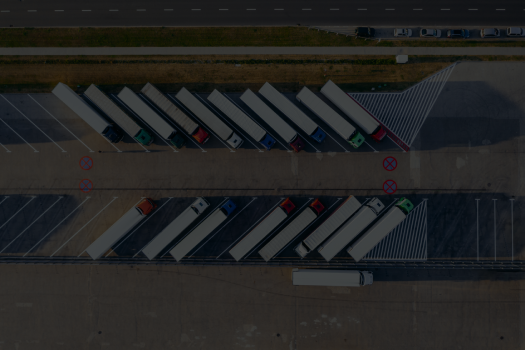Meaning of FTL shipment
It is a paradisematic country, in which roasted parts of sentences fly into your mouth. Even the all-powerful Pointing has no control about the blind texts it is an almost unorthographic life One day however a small line of blind text
by the name of Lorem Ipsum decided to leave for the far World of Grammar.
Benefits of truckload shipping.
- Faster transit times: Goods that are shipped via full truckload generally arrive at their destination quicker than goods that are shipped via LTL’s hub-and-spoke model.
- Less chance of damage: Full truckload shipments are generally less susceptible to damages as they are handled less times than LTL shipments.
- Rates: If shipments are large enough to require the entire use of a trailer’s space, it could be more cost effective than booking multiple LTL shipments.
Truckload shipping best practices.
- Be informed: Shippers should conduct research to understand the supply and demand of truckload equipment and how it impacts rates.
- Be consistent: Shipping the same amount of freight, on a regular schedule, to the same locations, could help you to secure consistent capacity.
- Be flexible: Shippers that plan ahead and leave time for their shipments to fit a carrier’s schedule could realize cost savings.
- Be efficient: Packaging shipments so they are loaded and unloaded easily will improve efficiency and productivity.
Types of truckload equipment.
- Dry van: Typically used to move dry goods that are not temperature-sensitive.
- Flatbed: This trailer does not have walls and is typically used for shipments that can’t be loaded through trailer doors.
- Refrigerated: The equipment used for these shipments keeps freight at your desired temperature.
Common truckload shipping questions.
- How does full truckload work? Full truckload is chosen for large shipments that fill an entire trailer, time sensitive freight and when the weight of the goods make it more cost effective than LTL.
- Why is full truckload faster? Full truckload freight is sent directly to its destination (vs. routing through a hub system), which results in shorter transit time.
- What’s the difference between LTL and full truckload? Freight that does not require the entire space of a truck is known as LTL shipping, whereas full truckload (FTL) shipments take up the space or weight limit of an entire trailer.


